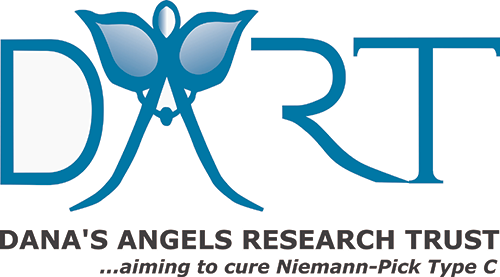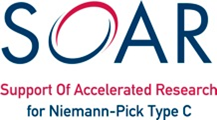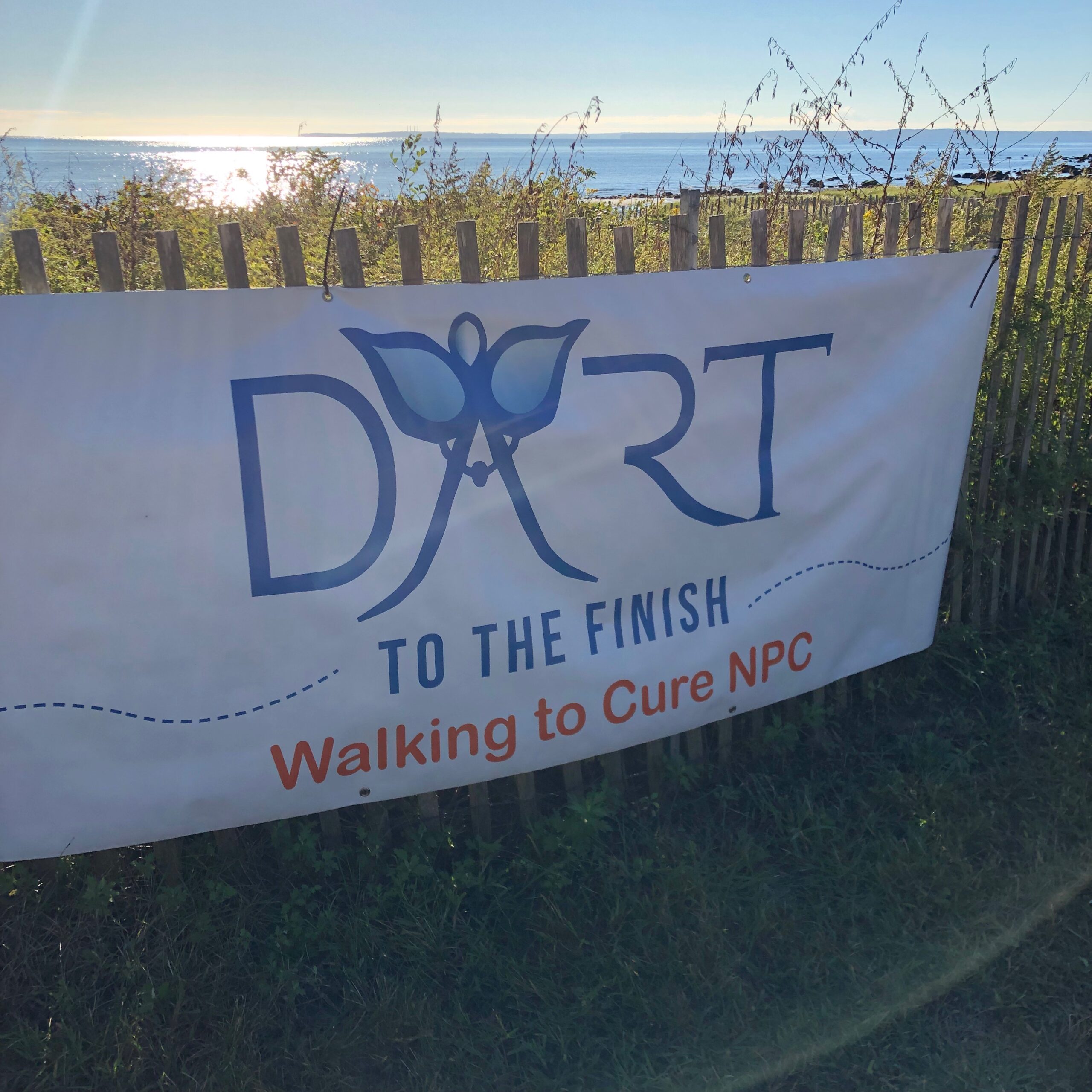Persistence Pays Off
October 3, 2012
While we eagerly await the start of the Phase 1 drug trial for cyclodextrin, work continues on other promising therapies for NP-C. One of those promising therapies at times seemed beyond reach, but researchers at the National Institutes of Health pressed on and we hope they have made a breakthrough. In a research article published in the Journal of Biological Chemistry on October 3, 2012, delta-tocopherol, a form of Vitamin E, is discussed as a potential therapy for NP-C as well as other rare lysosomal storage disorders. (See the full article Here).
The researchers found that delta-tocopherol effectively reduced cholesterol accumulation, increased the outward flow of cholesterol from cells, and alleviated the disease effects in both NP-C 1 disease and Wolman disease skin cells. The researchers then also found a reduction of disease effects in skin cells from patients with other lysosomal storage diseases including NP-C 2, Batten, Fabry, Farber, Niemann-Pick disease type A, Sanfilippo type B, and Tay-Sachs.
In the next steps, SOAR-NPC researchers will be working with the National Institutes of Health to immediately begin NP-C mouse studies using delta-tocopherol.
The work in the published study was supported by the Intramural Research Program of the Therapeutics for Rare and Neglected Diseases (TRND), the National Center for Advancing Translational Sciences (NCATS), by the Intramural Research Program of the National Human Genome Research Institute, by the Intramural Research Program of the Eunice Kennedy Shriver National Institute of Child Health and Human Development, National Institutes of Health, by a grant from Ara Parseghian Medical Research Foundation, and by federal funds from the National Cancer Institute, National Institutes of Health.
—
DART is taking the lead in committing to a unique therapy development approach for additional NPC treatments called SOAR, Support Of Accelerated Research. Working with other NPC families and organizations, SOAR has created a multidimensional collaborative drug development program searching for an effective cocktail treatment for NPC. The ambitious goal is to have at least two or three new NPC therapies ready for clinical trial in 2013.


